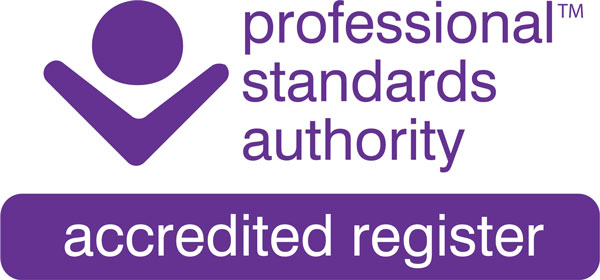Policy for those Registrants wanting to return to practice after a period away
Introduction
Recently, there has been an increase in former registrants wanting to return to practice after a period away. It is therefore apparent that a policy is required to ensure a fair and consistent approach in managing their return that also provides guidance to supervisors on assessing fitness to practise, whilst ensuring the safety of the public.
General Principle
This policy has been developed with reference to best practice in the public sector. Many public sector organisations have developed policy based upon ‘time away’ from their profession and this policy mirrors that approach. This policy has been developed to ensure the safety of the public.
Registrants who have been away from practice for up to 12 months
Those registrants who have been away from practice for 12 months or less would be subject to assessment by their supervisor. This assessment would be objective, based upon the criteria already used to establish ‘fitness to practise’, but could also include the therapist completing those courses deemed of developmental benefit to the returning registrant. Should a returning registrant be unable to secure a supervisor’s report, then they would be required to complete all of the refresher courses (see below). Once the supervisor has made their assessment, they should then pass their recommendation to the Registrations Secretary who will have it reviewed and approved by the Clinical Governance Group (CGG). Please note that the approval of the CGG is required for confirmation. Once confirmed, the registration would then be passed to the Registrations and Professional Standards Committee (RPSC) for final approval, as the body overseeing the registrations process.
Registrants who have not been practising for 12 months up to 3 years
In such cases, a ‘fitness to practice’ assessment by a supervisor would be required as well as completion of the relevant refresher courses. These would include any deemed mandatory and introduced in the period the registrant has been away, as well as completion of the guided imagery, rewind, therapeutic power of language, ethical practice in therapy and any assessed by the supervisor as being of developmental benefit to the returning registrant. Facilitating on part 2 may also be considered, as the easiest way of bringing a returning registrant ‘up to date’ in any changes. Once the supervisor has made their assessment, they should then pass their recommendation to the Registrations Secretary who will have it reviewed and approved by the CGG. Please note that the approval of the CGG is required as confirmation. Once confirmed, the registration would then be passed to the RPSC for final approval, as the body overseeing the registrations process.
Registrants returning to practise who have been away for 3 years or longer
Those registrants wanting to return to practice having been away for 3 years or longer, would require an assessment by a supervisor, which may involve the supervisor consulting with the Educational Director, completing the relevant refresher courses (see above) and those deemed necessary by a supervisor. A requirement to re-do part 3 would be considered on a ‘case by case’ basis. Once the supervisor has made their assessment, they should then pass their recommendation to the Registrations Secretary who will have it reviewed and approved by the CGG. Please note that the approval of the CGG is required as confirmation. Once confirmed, the registration would then be passed to the RPSC for final approval, as the body overseeing the registrations process.
Conclusion
This policy has been designed to ensure the safety of the public by ensuring that those not practising for some time are still fit to practise, whilst continuing to uphold the reputation of the organisation. As such, returning registrants would be subject to an objective assessment by a supervisor, whilst completing those courses necessary to ensure fitness to practise. Those that have not practised for a longer period of time would be required to complete the above, as well as potentially re-do part 3, as an additional safeguard, to ensure that they are current and consistent in their approach.
Published: Nov 24

